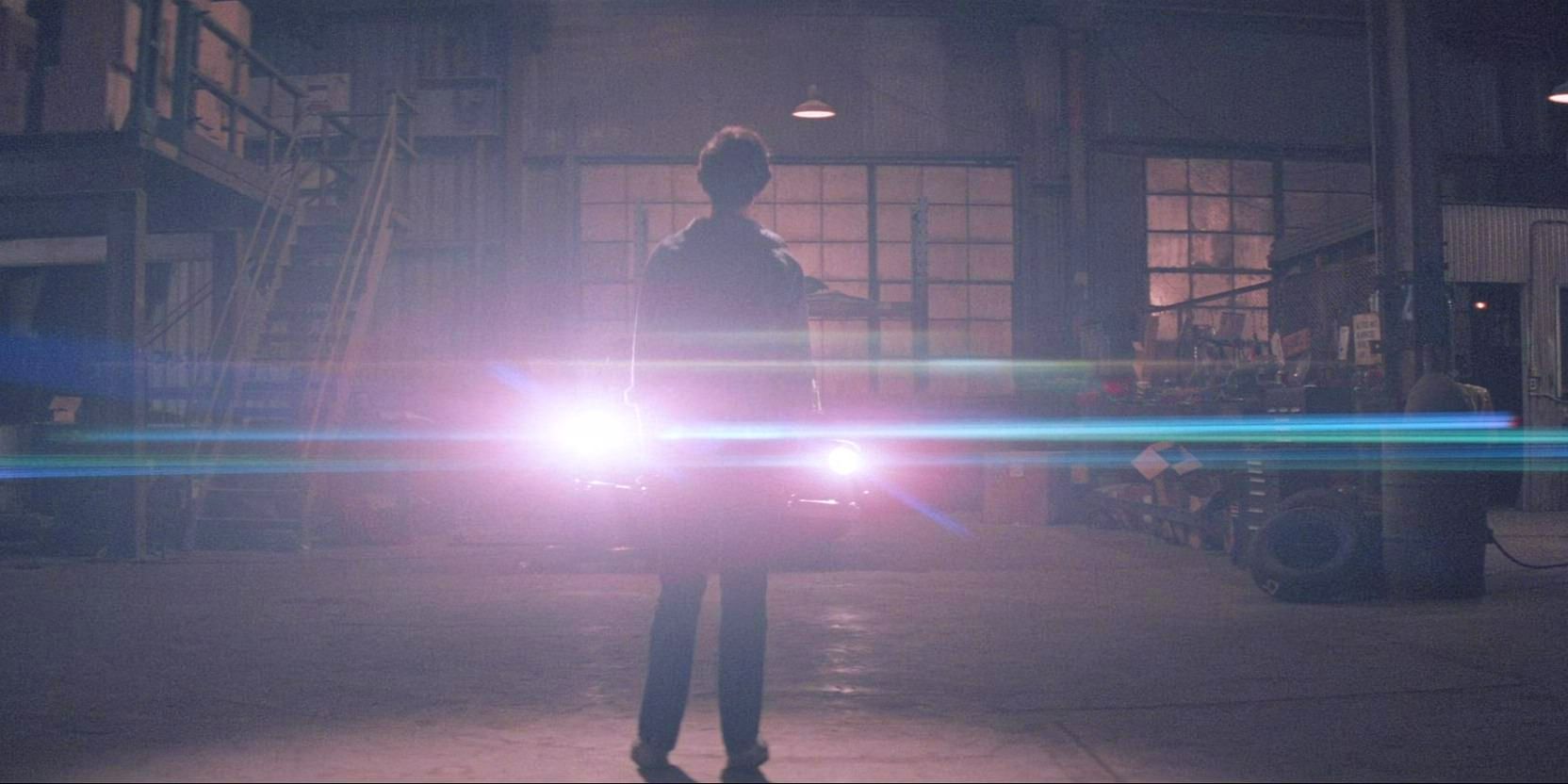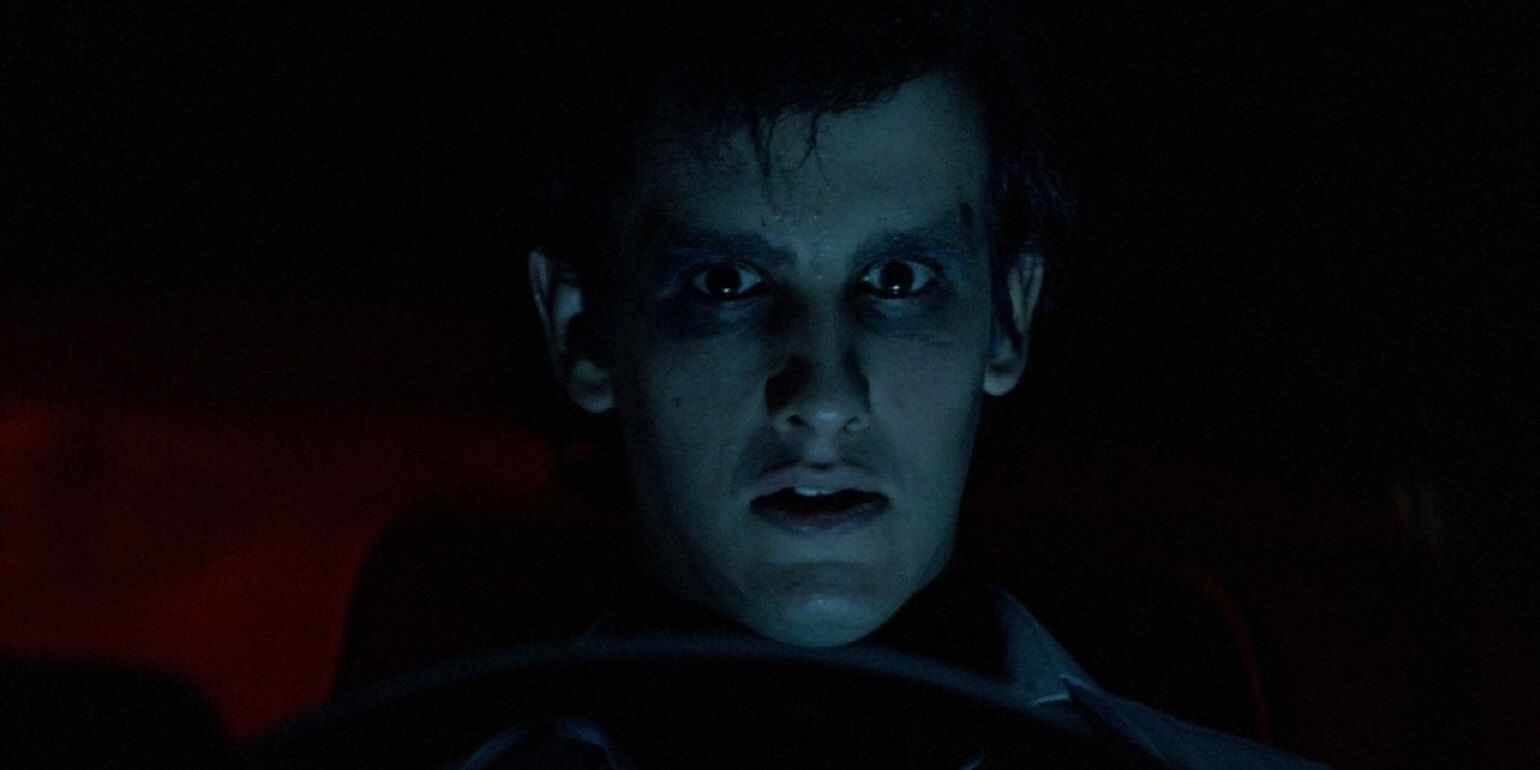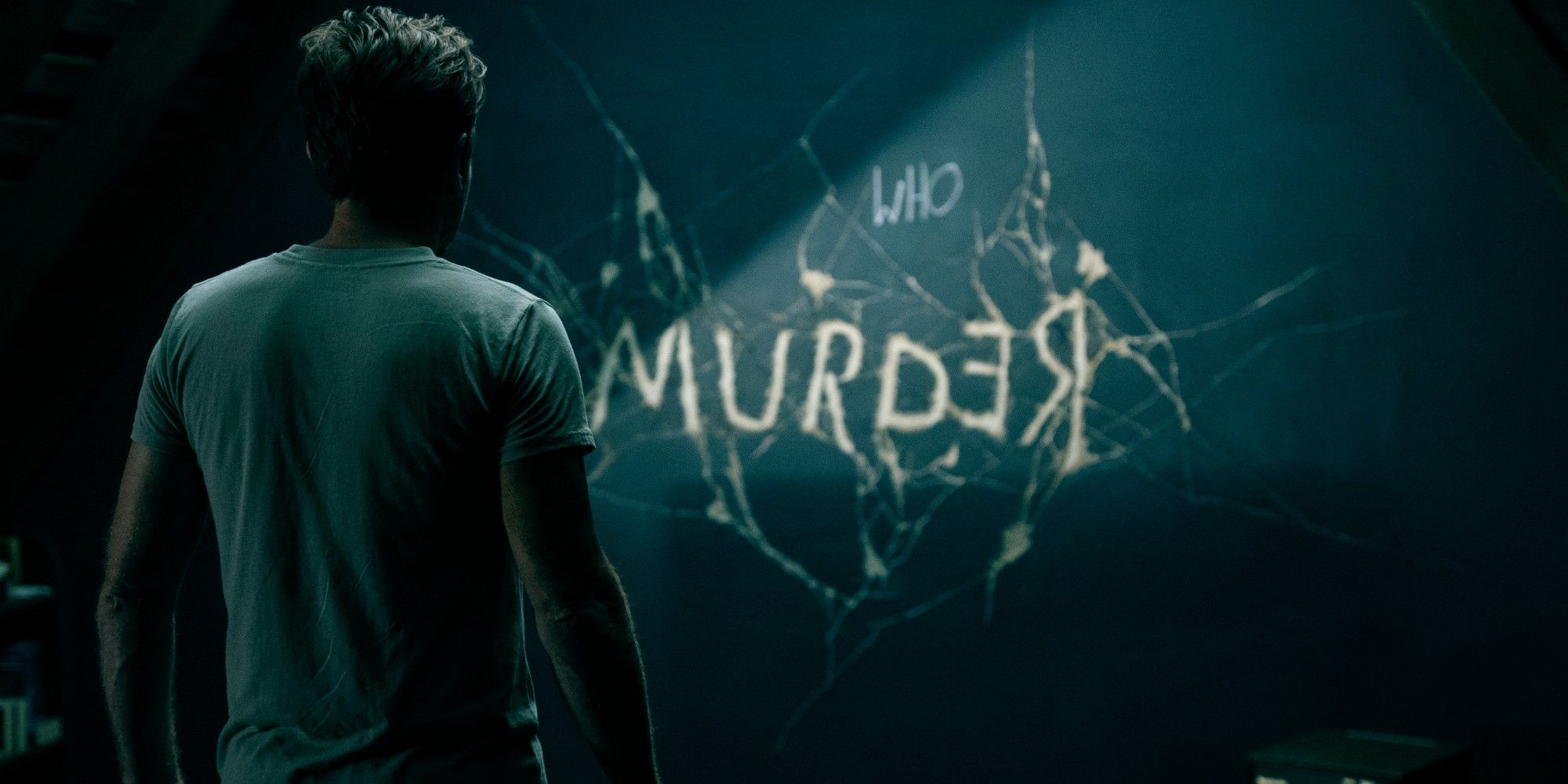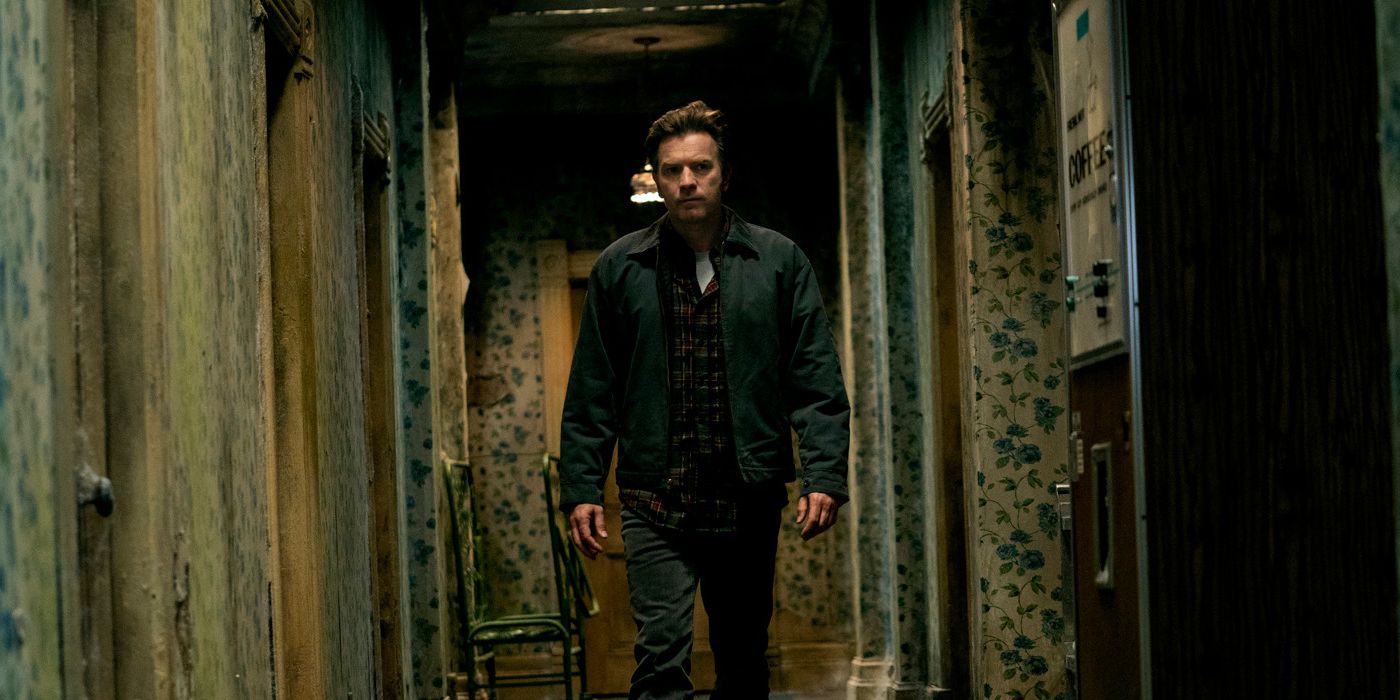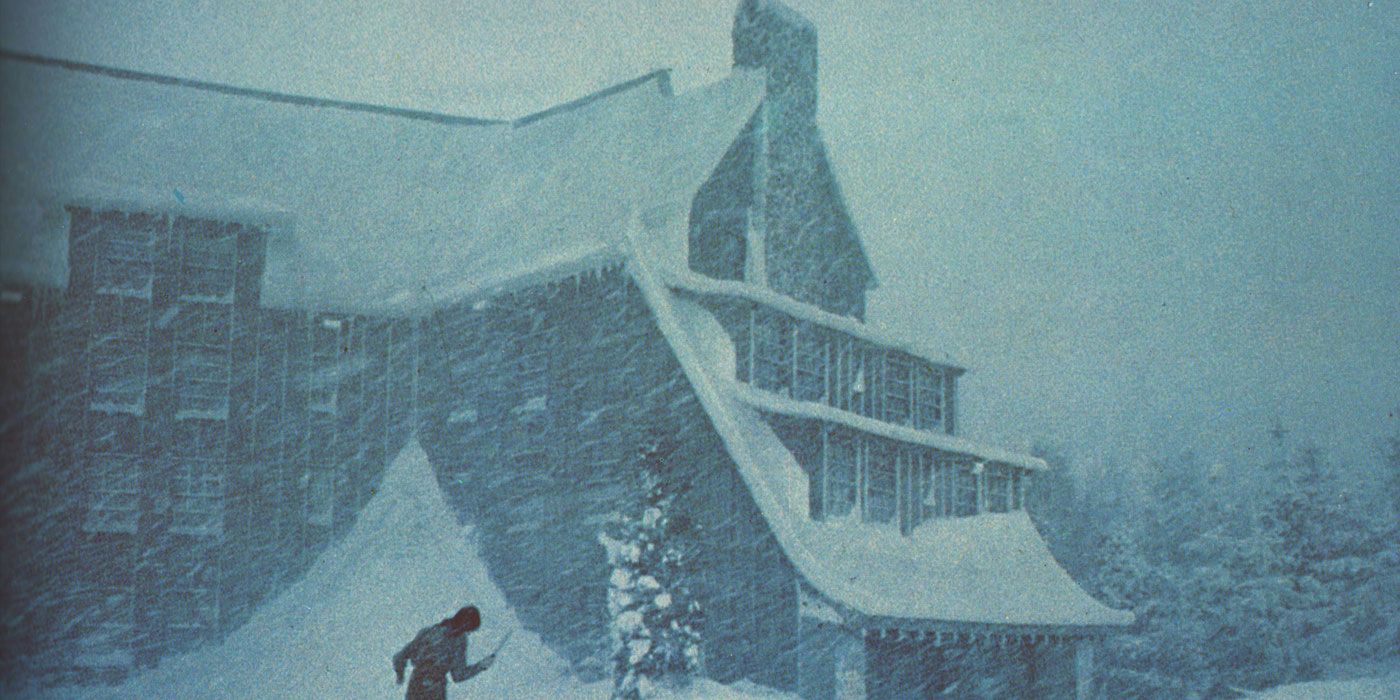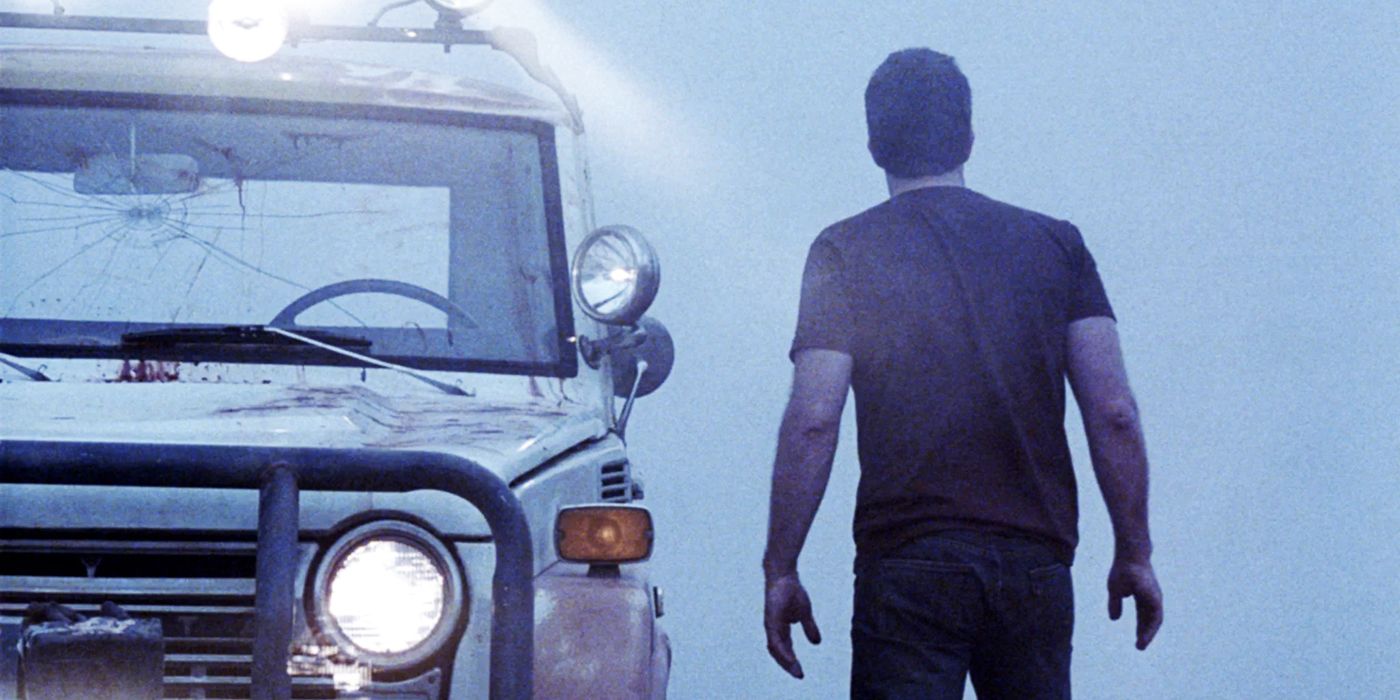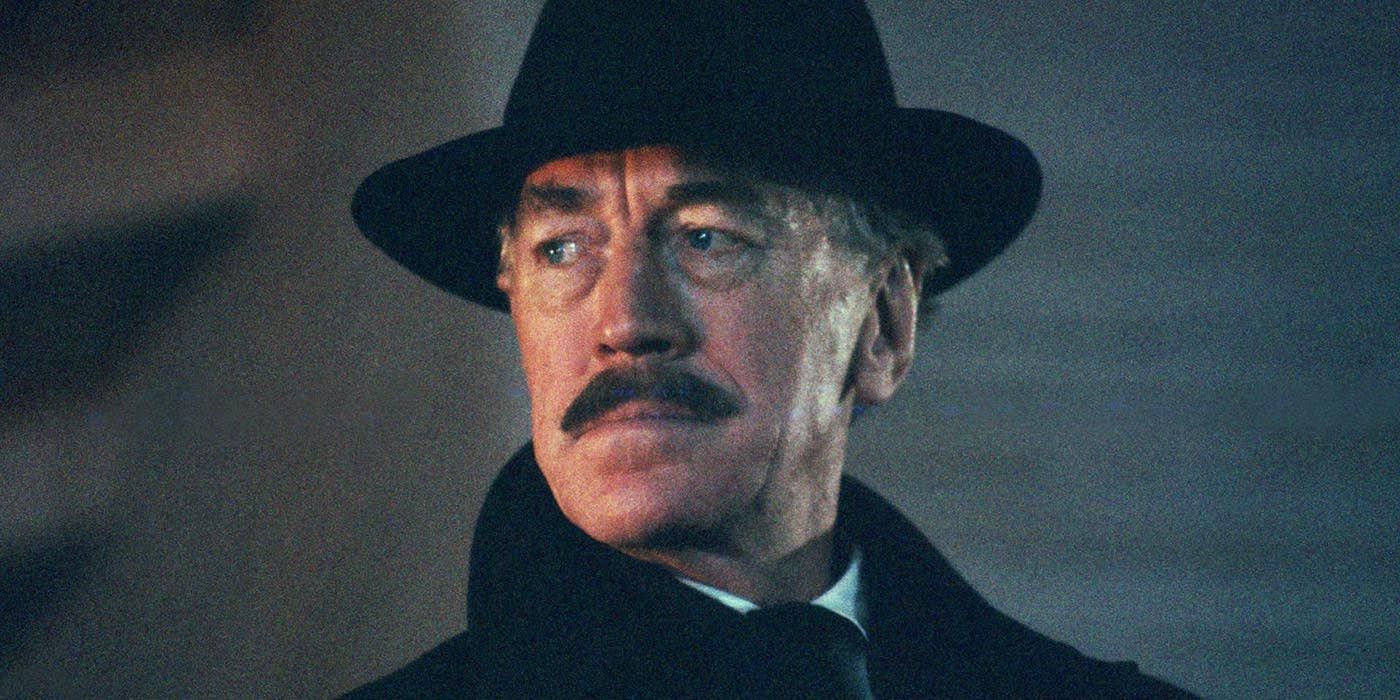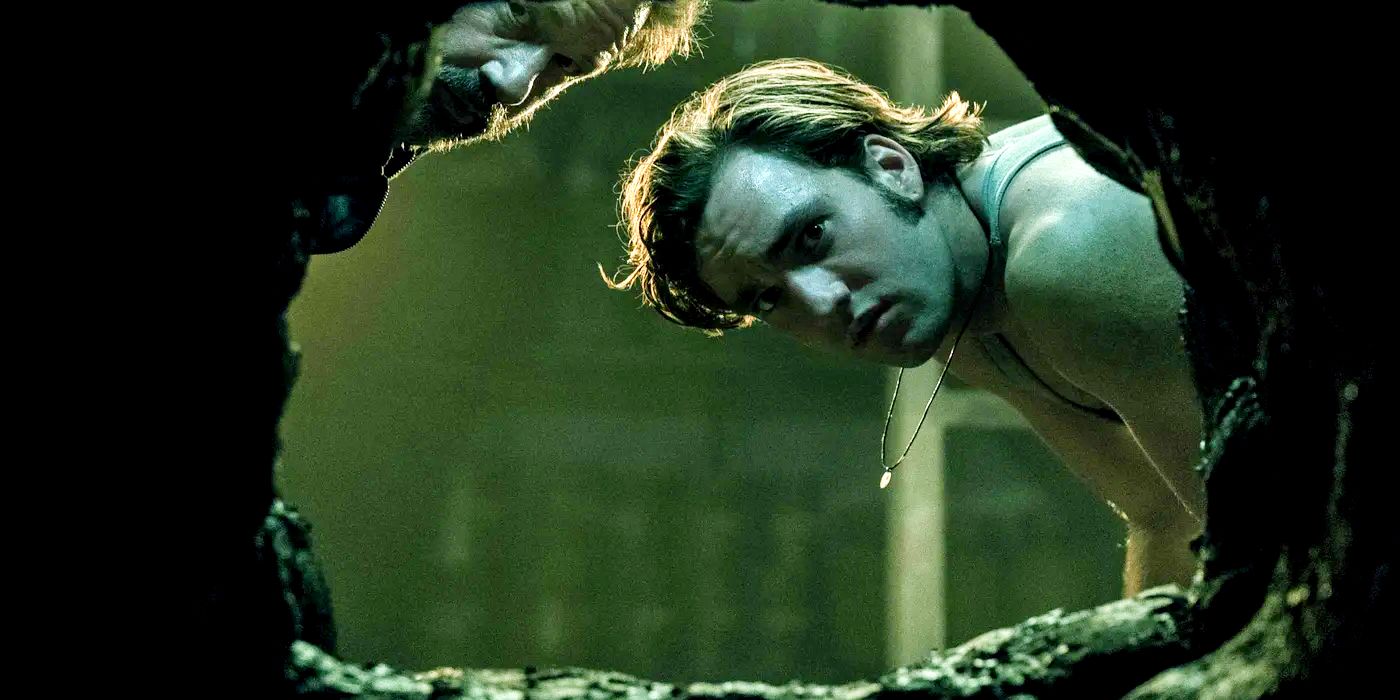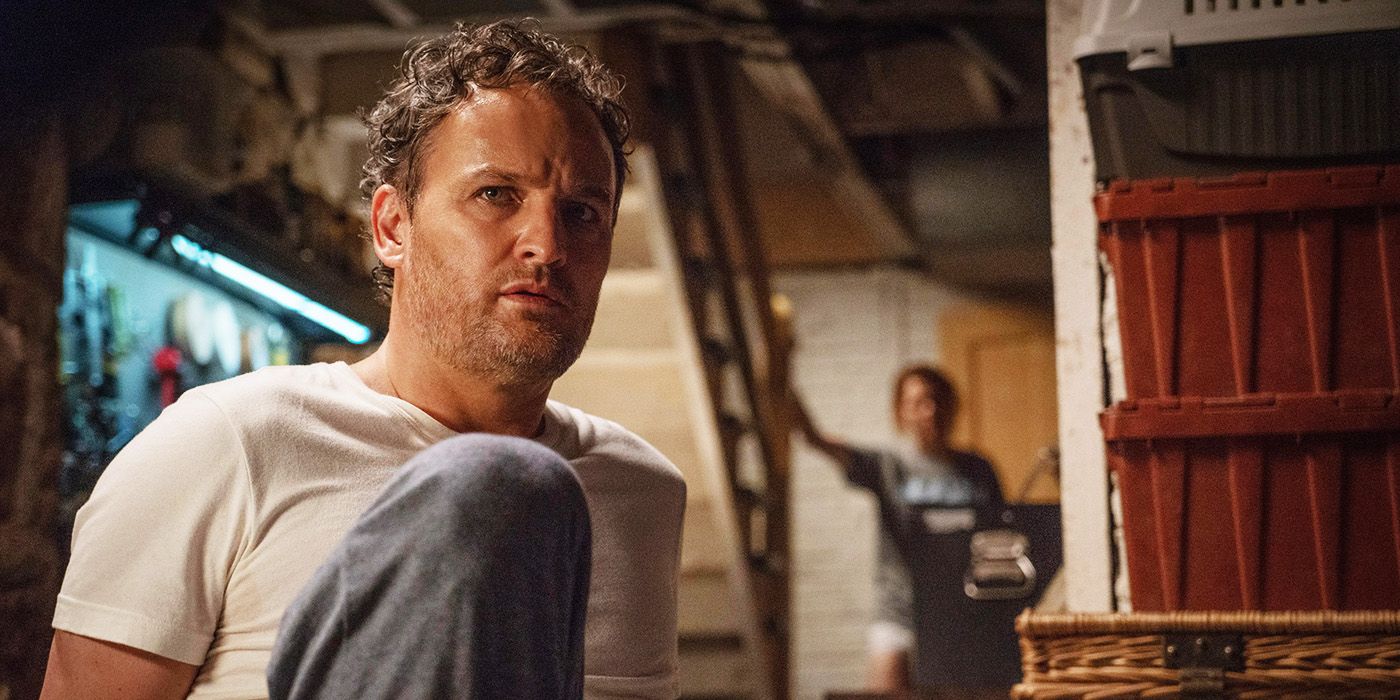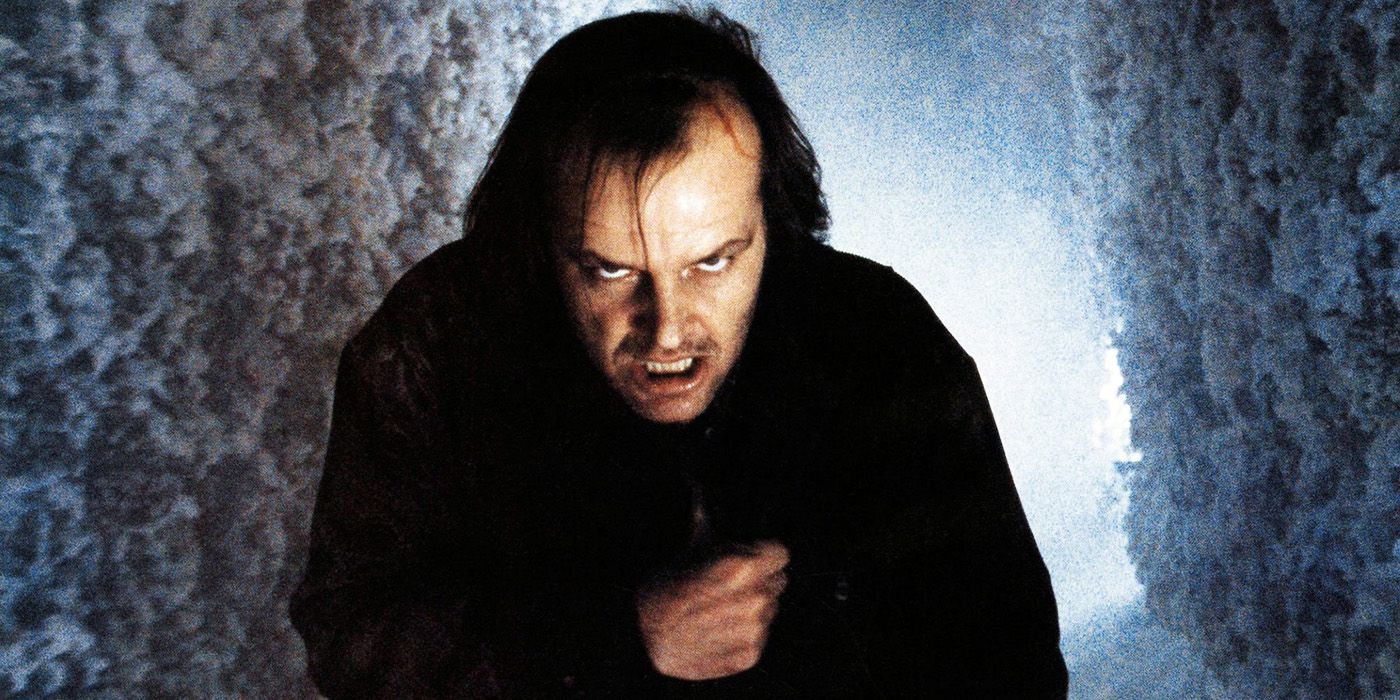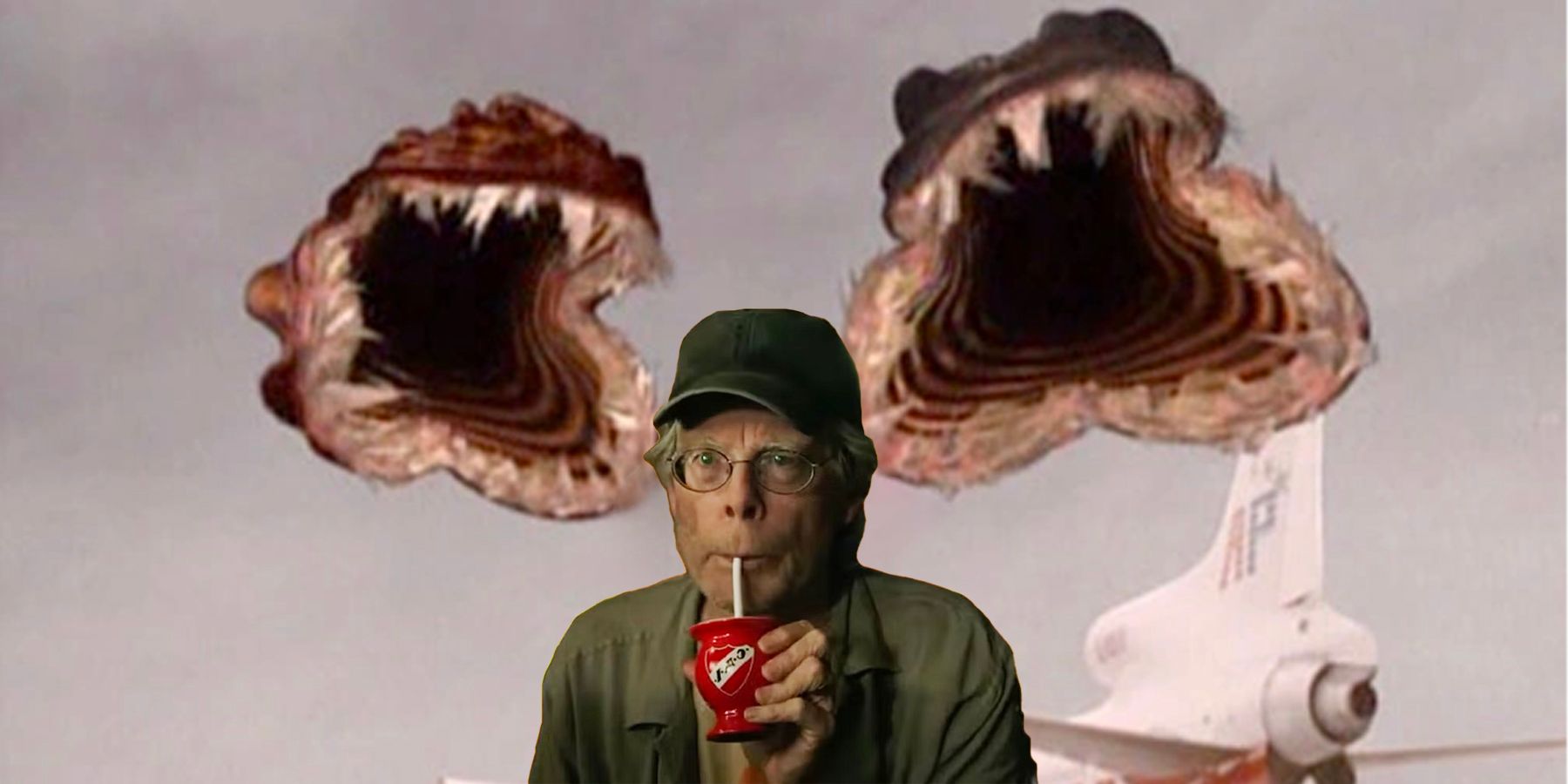
Unveiling the Truth: Top 8 Mysteries in Stephen King Film Adaptations Explained

From spectral mists to possessed vehicles, Stephen King's novels have sparked numerous adaptations with enigmatic twists. This article demystifies the top 8 mysteries left in the wake of their cinematic counterparts, delving into the original lore for answers.
Carrie White's Elusive Paternity
The identity of Carrie White's father has been a subject of speculation for fans of the Stephen King universe. Although the adaptations of 'Carrie' have left viewers with questions, the novel clarifies that Ralph White, a construction worker, was Carrie's father. Ralph, sharing Margaret's extreme religious views, conceived Carrie with her on a night clouded by alcohol. The subsequent death of Ralph in a construction accident not only deprived Carrie of a father figure but also amplified Margaret's abusive tendencies towards her, setting the stage for the tragic events that unfold.
Carrie White covered in blood in the original Carrie (1976)
Interestingly, a prevailing theory among Stephen King enthusiasts posits that Ralph White could have been another guise of the malevolent Randall Flagg, a recurring antagonist in King's works. If true, this connection adds another layer of depth to the already complex narrative of 'Carrie' and suggests a broader significance within the King multiverse.
The Enigma of Christine's Possession
John Carpenter's adaptation of 'Christine' left audiences pondering the source of the eponymous vehicle's malevolent spirit. While the film suggests that the car's evil emerged from its very assembly line, the novel offers a more personal backstory. Christine was possessed by the spirit of her previous owner, Roland D. LeBay, whose dark past and sacrificial deeds imbued the car with his vengeful essence. This possession not only drove Christine to kill but also transferred to Arnie, her new owner, leading to his ultimate demise – a chilling reminder of the inescapable grip of past transgressions.
Christine with her floodlights on
The novel paints a portrait of a man consumed by bitterness, whose spirit refuses to release its hold even in death. It's a tale that intertwines human flaws with supernatural revenge, adding a tragic dimension to the horror of a car with a mind of its own.
Arnie behind the wheel of the car in Christine
The True Knot's Delay in Discovering Danny
In 'Doctor Sleep', the True Knot's failure to detect Danny Torrance, despite his potent 'shine', raised questions among viewers. The novel, however, elucidates this mystery by suggesting that Danny's 'shine' had diminished over time, further weakened by his struggles with alcoholism. The True Knot, a cabal of psychic vampires, remained oblivious to Danny's presence as substances like alcohol can dampen the 'shine', effectively camouflaging him from their predatory senses.
Ewan McGregor in Doctor Sleep 2019 looking at the Redrum drawing
This narrative detail serves to underline the insidious nature of addiction, which not only affects the individual's life but also has a supernatural dimension in King's universe, shielding Danny from a fate he might have otherwise been unable to escape.
Ewan McGregor as Dan Torrance returning to the hotel in Doctor Sleep
The Overlook Hotel's Alternate Demise
The fate of the Overlook Hotel post-'The Shining' differs starkly between the novel and Stanley Kubrick's film. Kubrick leaves the hotel standing, with Jack Torrance frozen in its hedge maze. The novel, however, concludes with the hotel's destruction due to an overlooked boiler about to explode, a metaphor for the simmering tensions and suppressed horrors within its walls. This explosive ending serves as a cathartic release, purging the malevolent forces through fire and brimstone.
The Overlook Hotel
'Doctor Sleep' acknowledges this original ending by revisiting the site of the now-abandoned Overlook Hotel. In a poignant full-circle moment, adult Danny Torrance sacrifices himself in a blaze that mirrors the novel's conclusion, severing the hotel's lingering hold on him and liberating its trapped spirits.
Danny looks through the hole his father cut in Doctor Sleep
The Mist's Abrupt Dispersion
Frank Darabont's 'The Mist' concludes with a gut-wrenching twist that diverges from the novella's unresolved ending. In the film, protagonist David Drayton makes the harrowing choice to end the lives of his fellow survivors, only to witness the mist recede moments later, revealing salvation in the form of the U.S. Army. The film's finale leaves the audience grappling with the implications of David's decision and the sudden lifting of the mist.
David at the end of The Mist
The novella, on the other hand, offers a glimmer of hope as David and the survivors continue their quest for refuge, with a radio broadcast suggesting that pockets of humanity have endured. This subtle difference shifts the focus from despair to resilience, underscoring King's theme of perseverance in the face of the unknown.
Leland Gaunt's True Nature in Needful Things
The enigmatic Leland Gaunt, the antagonist of 'Needful Things', departs Castle Rock shrouded in mystery in the film adaptation. His true identity, hinted at as being supernatural, remained ambiguous to viewers. The novel, however, peels back the layers of Gaunt's facade, revealing his demonic origins. His escape in a car that morphs into a horse-drawn wagon emblazoned with 'CAVEAT EMPTOR' signifies his infernal roots, and his suitcase, filled with the souls of the townspeople, cements his role as a collector of despair.
Max von Sydow wearing a hat
This revelation places Gaunt as a timeless entity of corruption, thriving on human weakness and greed. The novel's explicit portrayal of his demonic essence provides a satisfying conclusion to the unsettling tale of Castle Rock's descent into chaos.
Jud's Confession in Pet Sematary
In 'Pet Sematary', Jud's decision to introduce Louis to the ominous pet cemetery, despite knowing the dire consequences, left audiences perplexed. The film adaptations do not delve into Jud's motives, but the prequel 'Pet Sematary: Bloodlines' sheds light on his past. The prequel, though not based on King's writing, provides a plausible backstory: Jud's long-standing exposure to the town's malevolence and his personal losses made him susceptible to the cemetery's influence, compelling him to lure more victims to its cursed grounds.
David Duchovny and Jackson White Looking Down a Tunnel in Pet Sematary Bloodlines
This expansion of Jud's character adds a layer of tragic inevitability to the story, as the cemetery's sinister power ensnares even those who understand its dangers. It also suggests the pervasive nature of evil within the town, subtly influencing its residents' actions.
Pet Sematary 2019
Jack Torrance's Descent into Madness
The ambiguity surrounding Jack Torrance's mental state in Kubrick's 'The Shining' has been a topic of debate among fans. The film leaves it unclear whether Jack's violent outbreak is due to pre-existing instability or possession by the hotel's malevolent spirits. The novel, however, clarifies that Jack was indeed possessed, with the Overlook Hotel exploiting and ultimately consuming his weakened psyche.
The Shining Jack Torrance chasing Danny in the snow
This distinction is crucial as it shifts the narrative from a tale of psychological horror to one of supernatural possession, where an evil entity preys on the vulnerabilities of its victims. The novel's portrayal of Jack's possession adds a dimension of sympathy to his character, framing his downfall as a tragic consequence of otherworldly manipulation.
.jpg)
